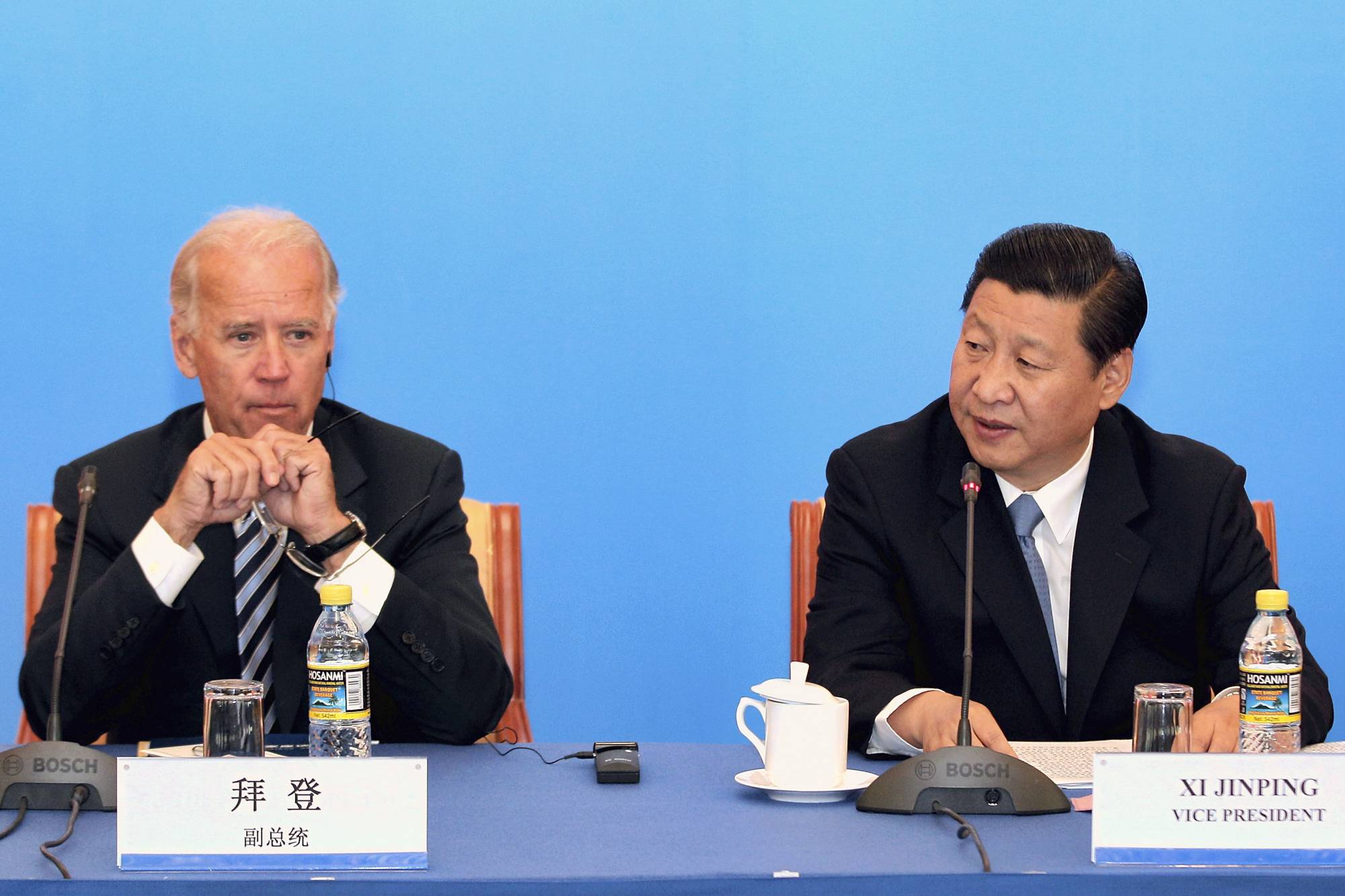I don’t know whether U.S. President Joe Biden, Chinese leader Xi Jinping and their foreign policy advisers have read Robert Axelrod’s classic book on international relations, “The Evolution of Cooperation.” But they should heed Axelrod’s central insight about how countries can benefit from cooperation and punish cheating.
Through countless simulations, Axelrod — now a professor emeritus at the University of Michigan — found that the most beneficial long-term strategy for an actor such as a nation-state is to cooperate first and then play tit-for-tat. In other words, a country will gain in the long run if it offers a goodwill gesture and then responds in kind to its opponent’s subsequent moves.
This insight is especially applicable to today’s U.S.-China stalemate. Although both Biden and Xi know that their countries are in an open-ended geopolitical rivalry, they also want to put guardrails around it in order to avert potential catastrophes, such as a runaway arms race or a direct military conflict.

















With your current subscription plan you can comment on stories. However, before writing your first comment, please create a display name in the Profile section of your subscriber account page.